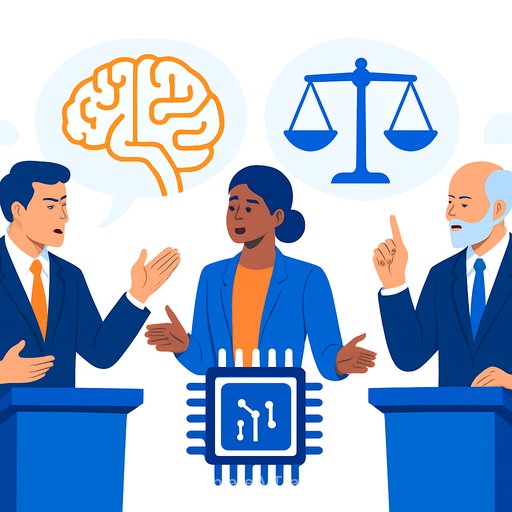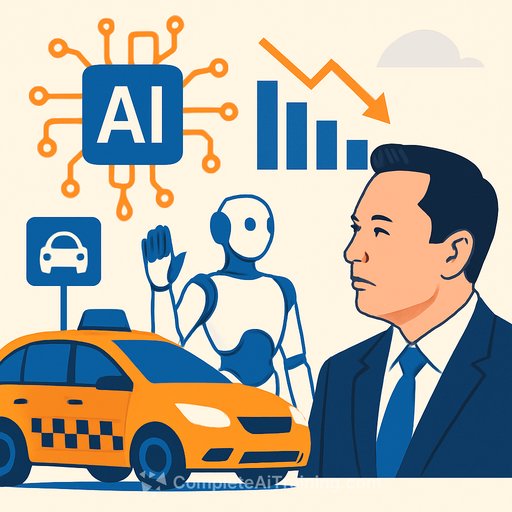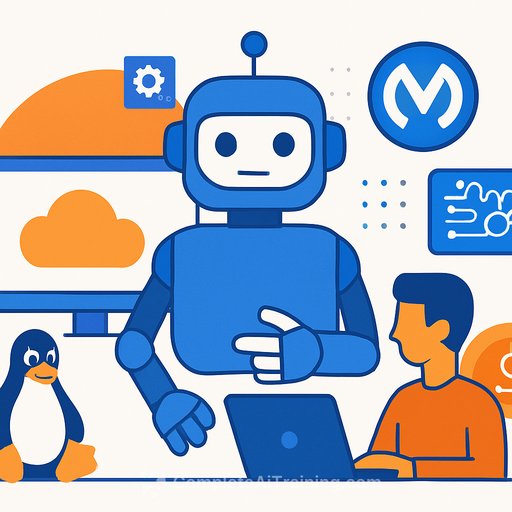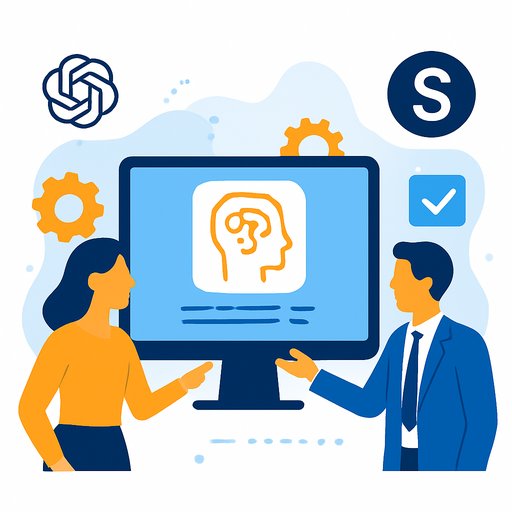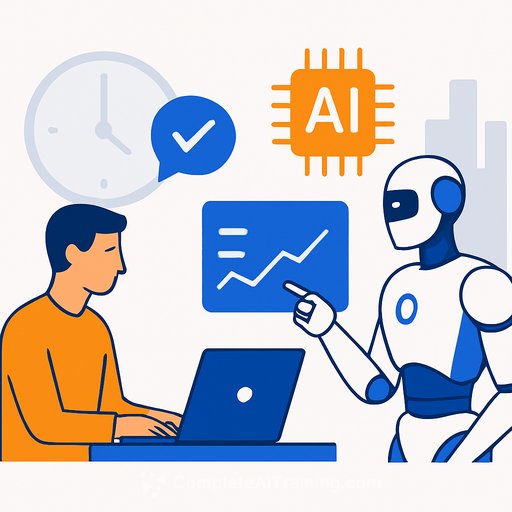The Business Lab: Business careers in the age of AI
AI has reset how companies run. Reporting, documentation, and customer support are getting automated across markets - including Bangladesh. Meanwhile, roles that hinge on judgment, relationships, and original thinking still sit with people.
The World Economic Forum notes a significant share of employers plan to trim roles where automation is feasible. That signals a shift in how teams are built, targets are hit, and budgets are allocated. The question isn't "Will AI affect my job?" It's "Which parts of my job should AI do, and which parts must I own?"
Where AI fits - and where it doesn't
- AI does well: data pulls, status reporting, documentation, first-line customer support, routing, summaries, and standard responses.
- Humans lead: decisions with trade-offs, stakeholder alignment, client trust, complex problem framing, and creative strategy.
Roles that will thrive
The careers that hold up are anchored in judgment, context, and empathy. If your work blends numbers with nuance, you're in a strong spot.
- C-suite roles: Strategy, crisis response, capital allocation, and risk judgment require experienced intuition and accountability.
- Management: Negotiation, planning, persuasion, and cross-cultural collaboration keep projects moving and teams aligned.
- Client-facing roles: Trust, psychology, and long-term relationships still beat scripts.
- Creative roles: Branding, storytelling, and market perception need original thinking over template outputs.
- AI Data Analysts: Pair AI tools with human judgment to create clear, decision-ready insights as tools evolve.
- Business Analysts: Frame the problem, test assumptions, and make recommendations that account for people, process, and risk - not just data.
Practical moves for executives, managers, and support leaders
- Executives: Set an AI policy, fund 2-3 high-ROI pilots, and define what must stay human (pricing, approvals, sensitive outreach). Tie everything to business KPIs, not novelty.
- People managers: Redesign roles around "AI handles X, the team owns Y." Add prompts, checklists, and QA steps to standard operating procedures. Reward outcomes, not activity.
- Customer support leaders: Use AI for intake, routing, and knowledge suggestions. Move agents up the value chain into retention saves, escalations, journey fixes, and QA of AI responses.
How students and early-career hires can prepare
Talk to hiring managers in tech-enabled businesses and you'll hear the same message: combine analytics, LLM prompt skills, project management, and clear communication. That mix plays well across functions.
- AI languages and SQL: Become fluent in querying data and orchestrating AI tools.
- Data analytics: From cleaning to insight to action - show the full chain.
- LLM prompt engineering: Structure inputs, set constraints, and review outputs with a critical eye.
- Project management: Own timelines, dependencies, and decisions when things change.
- Sales skills: Negotiation, objection handling, and real customer insight travel with you across roles.
Quarter-by-quarter playbook
- Map work by automation fit: Catalog tasks by volume, variability, and risk. Automate the high-volume, low-risk tier first.
- Define human-in-the-loop: Add clear review points for legal, finance, and customer-facing content.
- Set skill matrices per role: List core human skills, required AI tools, and proficiency levels. Budget time for practice.
- Pilot, then productize: Try AI for support triage, reporting, and research. Lock in wins with SOPs and training.
- Track the right metrics: Time-to-resolution, CSAT margin, SLA compliance, first-contact resolution, cost per ticket, error rate.
- Governance: Data quality, privacy, access control, and prompt libraries with versioning and QA.
Recommended learning paths
- Role-based AI courses to upskill executives, managers, and support teams.
- Prompt engineering resources for practical LLM workflows and reviews.
Bottom line
AI will keep reshaping business. The people who mix analytical capability with adaptability and strong human-centered skills will lead, solve meaningful problems, and thrive.
Your membership also unlocks:




